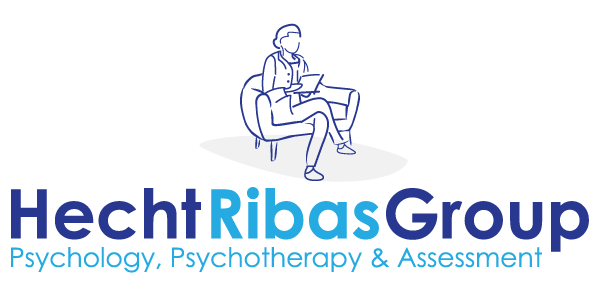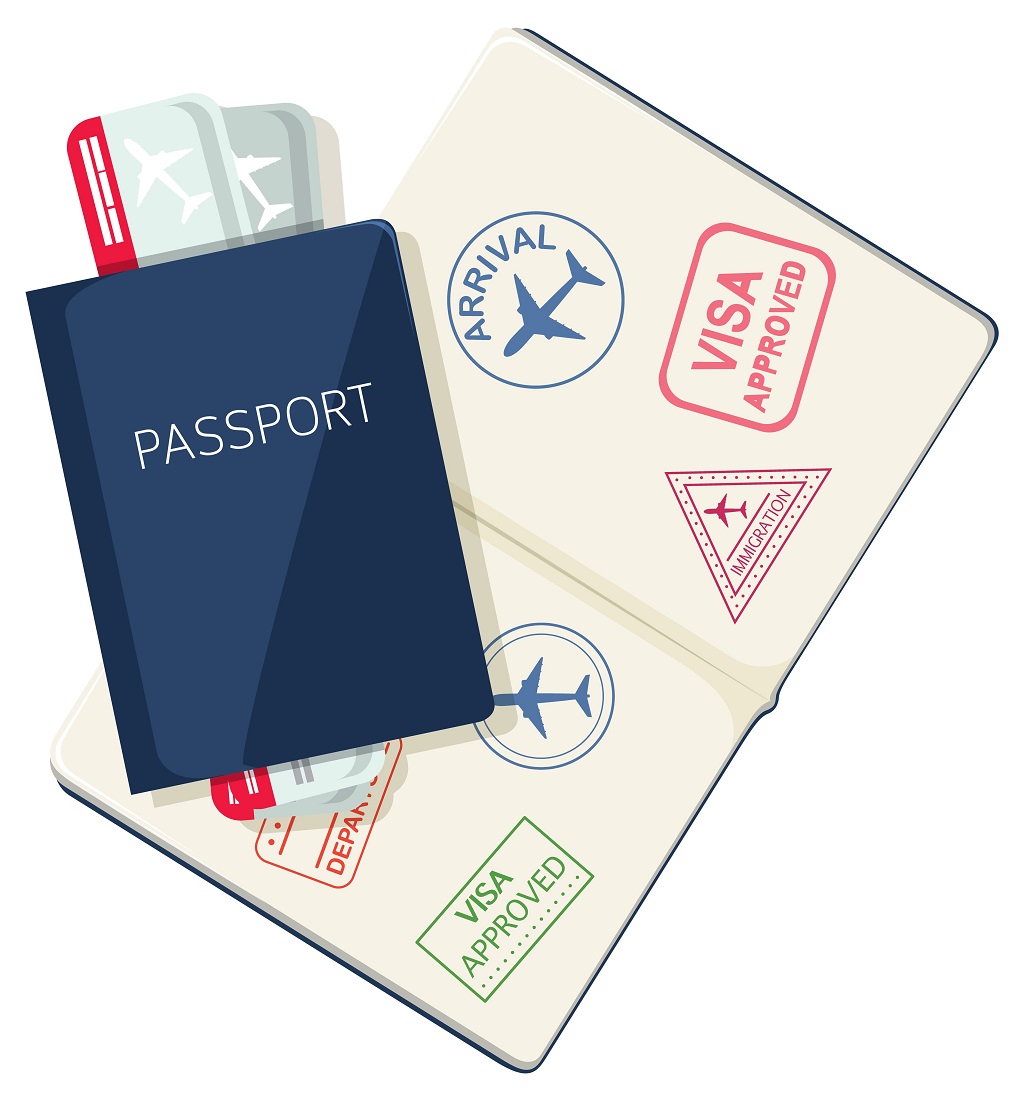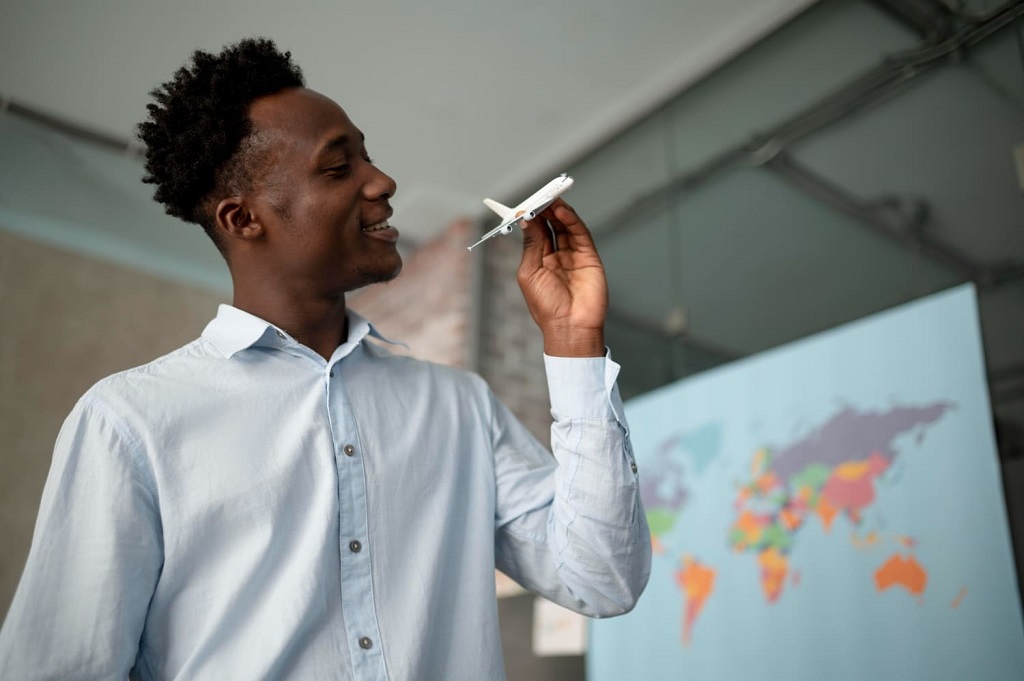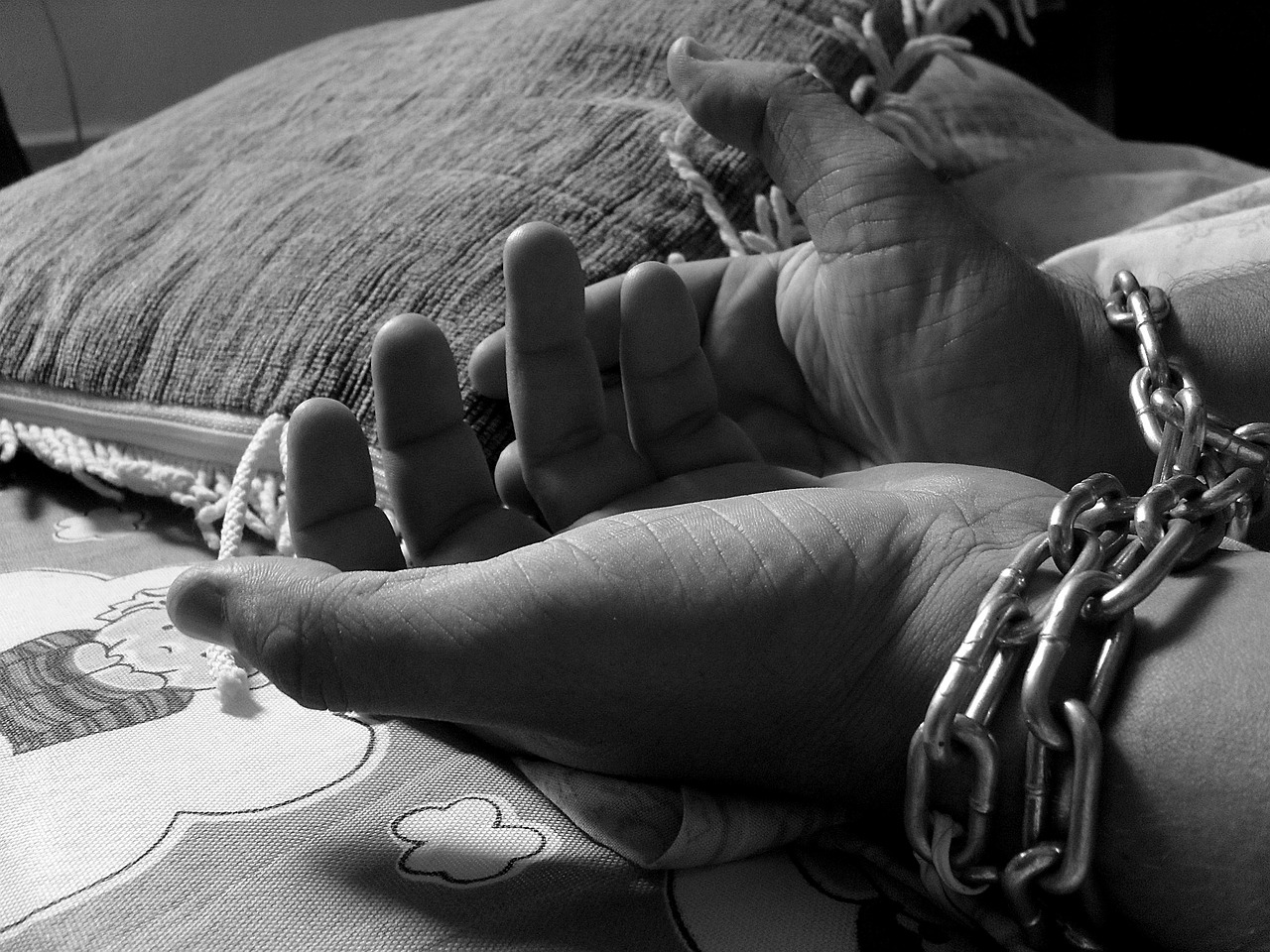Immigration

Immigration Issues, Support and Evaluations
I am a Licensed Clinical Social Worker (LCSW) specializing in clinical assessments and psychosocial reports for individuals involved in immigration and visa issues in the United States. I work with immigrants and their families from all over the world. I am fluent in English and Portuguese.
My fully encrypted virtual office allows me to conduct your evaluation and assessment interviews in-person, or online, so we can work together from wherever you are.
I’m flexible, friendly, and highly skilled in achieving the results my clients need. Integrity and ethics are central to my approach; I produce accurate, reliable evaluations designed to meet the standards and criteria of the U.S. Government. I look forward to working with you and your attorney to prepare a successful psychosocial report.
How it works and where to start
We know that this process can be confusing and anxiety-provoking, but we will make it as easy and smooth as possible.
Everything we do will be online, so you won’t need to miss work or get a babysitter. First, you will fill out a detailed questionnaire explaining your story, your symptoms, and what brings you to need a report. If it is appropriate, our psychologist will give you some psychological tests.
After you’ve filled everything out and returned the completed tests, you and I will do some clinical interviewing – meeting on a video call so I can get to know you and understand your situation. We may meet once or several times, depending on many factors, but the price is the same. Our psychologist will evaluate your tests while we do our interviews. I will meet with her to finalize the clinical information, and then I will need five business days to write up the report. I will send a copy to your lawyer and you for review and send out a signed final copy when it is done.
We charge a flat fair fee, it includes everything, the meetings, the testing, the interview, and the report with revisions. When we open your file, you will pay a deposit, and the report will be released to you upon payment of the remainder. Our reports are thorough, accurate, and complete, and you will have them in hand five business days after completing the paperwork, testing, and interviewing.
When you want to start the process, I will email you an invitation to my client portal. That is where you will find the forms you need to fill out. Please answer all the questions in as much detail as possible.
The Client Portal is confidential, and no one can access it unless you sign a release form.
The next step is the interview with me. We will meet online in my virtual office here https://doxy.me/claudiaribaslcsw. No need to download software or create an account. Just use a computer or device browser with a camera and microphone.
After we finish the interview, it will take me five business days (not holidays or weekends) to write your report. I will then send a copy for you to review, and we will do as many revisions as necessary (I don’t charge by revision). Then, after you approve the report, I will send a copy to your lawyer and work hand in hand with them, doing as many revisions as necessary until the report is perfect.
If you’d like to begin the process now, please email or text me your full name and email address, and we can get started.
If you have any questions, feel free to reach out by email, text, or phone.
We’re here to help and we care.
Clinical Evaluations
We conduct Clinical Evaluations for all types of Immigration Waivers
Extreme / Exceptional Hardship
In this case the legal US citizen (spouse, fiancée, parent, child or ‘green card’ holder) would suffer ‘exceptional hardship’ if you had to return to your home country for two years, OR if the legal U.S. citizen left the U.S. to stay with you in your country. Other viable types of exceptional hardship can be psychological, social, cultural, economic, educational, career-related, political, religious, or due to compulsory military service, or medical. Or there may be a business in the U.S. that would fail if you were not present, or your dependent family might not be able to pursue their profession if they were to follow you home.
Clinical Evaluation Goal: The purpose of the psychological evaluation is to assess and understand any and all hardships that any and all relevant family members would face if the waiver were not granted. Specifically, the information obtained in this evaluation is used to answer two main questions:
- Would deportation of the immigrant pose an extreme and unusual hardship to the relative in question?
- Would it be an extreme and unusual hardship for the lawful-resident relative to accompany the immigrant back to his or her home country in case they are deported?
The professional opinion rendered in a psychological evaluation greatly strengthens the case, and without it, the applicant would have to explain the hardship in his or her own words.
Spousal Abuse: VAWA (Violence Against Women Act)
Despite the name of this act, the VAWA immigration provisions include women and men. In spousal abuse cases, a person from a foreign country is married to a citizen or a legal permanent U.S. resident. After the marriage, the immigrant claims domestic abuse and seeks to file for legal status separately from their U.S. citizen spouse, usually because the U.S. citizen doesn’t wish to assist his/her spouse in this process. Even if the marriage ends in divorce, a VAWA petition can be filed, as long as there was a connection between the divorce and domestic violence and/or abuse. The abuse can take a variety of forms and must constitute extreme cruelty. “Extreme cruelty” includes, but is not limited to, verbal threats of violence, forceful detention, psychological abuse, sexual abuse, exploitation, rape, molestation, incest (if the victim is a minor), and forced prostitution.
Clinical Evaluation Goal: In these cases, it is important for the therapist to evaluate the scope and nature of the abuse, the practical ramifications, and the emotional impact that the abuse has had on you. In the safety of the evaluation process, you can talk about the painful ordeal and its adverse impact on your life and your emotional well-being. This process can be of tremendous help in empowering the victims and promote the healing process far beyond the resolution of their immigration case.
U-VISA
U-Visa gives legal status to immigrants, including undocumented immigrants, who have been victims of serious crimes in the United States. Examples of some of these crimes include, but are not limited to, sexual abuse, domestic violence, involuntary servitude, sexual exploitation, kidnapping, trafficking, and rape. With a U-Visa, the immigrant may stay and work in the U.S for up to four years. After three years, however, a victim with a U-Visa may apply for a green card.
Clinical Evaluation Goal: The goal of the psychological evaluation is to assess the extent of serious physical, mental, or emotional consequences of the experience. An applicant for a U-Visa has to be willing to assist the police and/or District Attorney’s Office in the investigation and/or with the prosecution of the criminal.
Political Asylum
Applicants petitioning for political asylum often have been exposed to extreme deprivation, severe abuse, and possibly even torture in their home country. Frequently, these mistreatments are related to a political, religious, and/or ethnic persecution. Living your life in your home country becomes sufficiently intolerable or painful, that the individual flees his or her country to the United States and files a political asylum claim.
Clinical Evaluation Goal: The purpose of an immigration evaluation in asylum cases is to collect information about this mistreatment and to examine the psychological impact that these circumstances have had on the immigrant. It is most common that the individual has developed psychological problems as a result of the abuse, such as Post-Traumatic Stress Disorders (PTSD), severe anxiety, and/or depression.
If your immigration case involves is political asylum, it is important to assess the extent and severity of your original trauma, whether you continue to suffer from psychological symptoms after your arrival in the U.S., and how long-lasting the psychological ramifications could be.
In addition to the legal aid you are receiving, an immigration evaluation therapist can help you communicate and document the mental health aspects of your case.
Human Trafficking Visa
How to apply: Every day, people around the world are subjected to various types of human trafficking. This includes being transported and forced into labor or sexual exploitation. The US has a visa specifically for victims of human trafficking, which can provide them with safety and assistance.
If you or someone you know is a victim of human trafficking, here’s what you need to know about applying for the US Human Trafficking visa.
The human trafficking visa:
The human trafficking visa, also known as the T nonimmigrant visa, is specifically for victims of human trafficking. This includes people who have been subjected to:
- Sex trafficking
- Forced labor
- Involuntary servitude
- Slavery
- Debt bondage
To be eligible for the human trafficking visa, you must:
- Be currently residing in the United States or be present in the United States when you apply for the visa
- Be willing to assist in the investigation or prosecution of human trafficking cases
- Have been a victim of human trafficking in the United States
If you are under the age of 18, you may still be eligible for the human trafficking visa if you meet the above criteria.
Who isn’t eligible for the human trafficking visa?
You may not be eligible for the human trafficking visa if you:
- Have been convicted of a crime in the United States
- Are deemed by the US government to be a danger to the community
- Are inadmissible to the United States for other reasons
Some reasons that immigrants are inadmissible to the United States include having a communicable disease, being a drug addict, or having been convicted of certain crimes.
What are the benefits of the human trafficking visa?
If you are granted a human trafficking visa, you will be allowed to live and work in the United States for up to four years. You may also be eligible to apply for a green card after three years.
Additionally, the human trafficking visa allows you to access certain benefits and services, such as:
- Social service benefits, including housing assistance
- Medical benefits, like mental health counselling
- Legal benefits, like help with filing for a restraining order
These benefits can help you get back on your feet and start rebuilding your life after being a victim of human trafficking.
Applying for the human trafficking visa:
To apply for the human trafficking visa, you will need to submit a completed I-914 form. You will also need to provide evidence that you have been a victim of human trafficking, such as police reports or medical records.
Once your application is submitted, USCIS will review your case and determine whether you are eligible for the human trafficking visa. If your application is approved, you will be granted a T nonimmigrant status and will be allowed to live and work in the United States for up to four years.
After you have been granted a T nonimmigrant status, you may be eligible to apply for a green card. This will allow you to live and work in the United States permanently.
If you have any questions about the human trafficking visa or the application process, you should get in touch with an experienced immigration attorney who can advise you on your specific case. Claudia Ribas can help you by writing a powerful Psychological Report for you from start to finish. Call for more information (914) 261-0596.
Psychosocial or Psychological Evaluations & Assessments
7-day turnaround
Family building
Rush services available
Online Services Available
English, Brazilian Portuguese & Spanish
Clinical psychological diagnosis
Immigration Evaluations and Letters
Recommendations for follow-up treatment
Collaboration with attorney and legal staff
Signed copies mailed to both attorney and client
Clinical Evaluations for 4 types of Immigration Waivers
Extreme Hardship; Spousal Abuse: VAWA (Violence Against Women Act); U-Visa; Political Asylum










